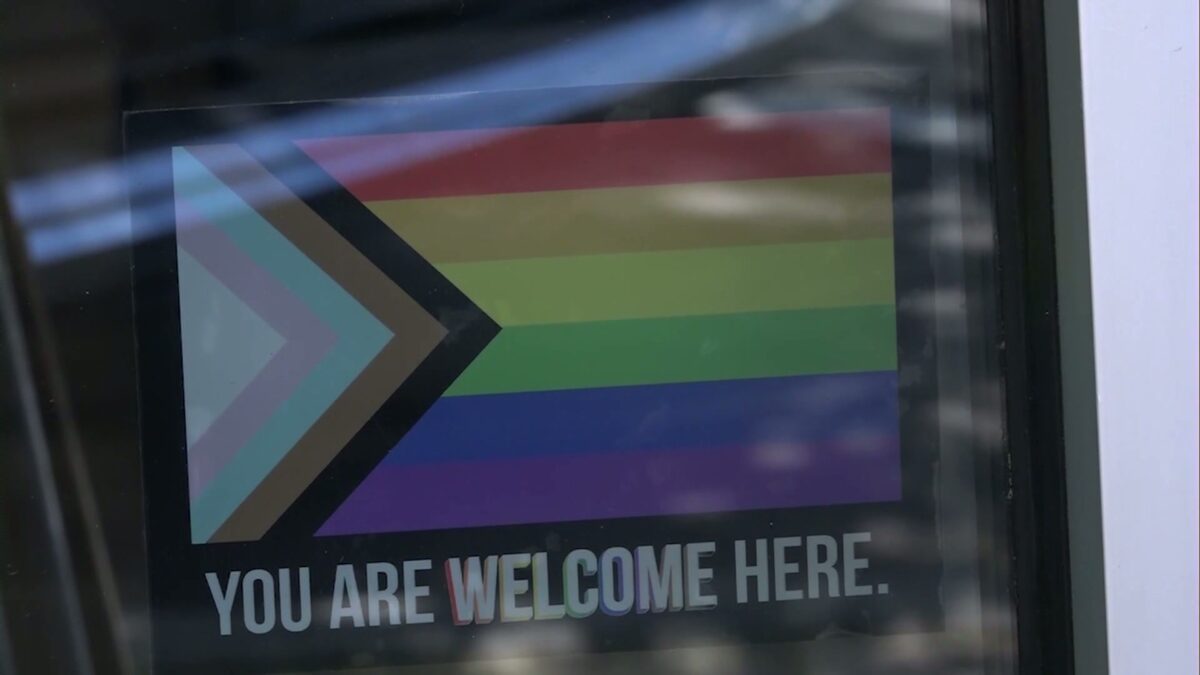‘Devastating’: 988 LGBTQ+ help line cut, but local resources still available in Central Oregon

Jillian Fortner
(Update: Adding video)
BEND, Ore. (KTVZ) – A specialized crisis line for LGBTQ+ youth under 988 has officially shut down, sparking concern among mental health advocates.
Taylor Taliesin, a board member with NAMI Central Oregon, called the decision devastating, particularly for LGBTQ+ youth already facing discrimination and mental health challenges.
I’m still kind of struggling with it. I think it’s pretty telling of the level of dislike and controversy surrounding the LGBTQ community,” Taliesin said.
The Trevor Project, which helped staff the LGBTQ+ line, reports LGBTQ+ youth are over four times more likely to attempt suicide.
The Trump administration ended funding for the line, aiming for a more unified crisis response, a day after 988 marked its third anniversary.
The Veterans Crisis Line, accessed by pressing 1 after dialing 988, remains active.
“When they cut off funding for those kinds of resources, and you know people feel that way about you as an LGBTQ person. It can really send you into suicide alley,” said Taliesin.
While exact data on 988 usage in Central Oregon is not available, many calls are routed to the Deschutes County Stabilization Center, where local teams can respond as needed.
“If they get a call from someone and they want someone to be seen in person in the community, they just call our community-based crisis team,” said Nicole VonLaven, Program Manager with BH Crisis Services.
VonLaven says the system has reduced the burden on law enforcement by handling mental health calls separately and connecting people to trained professionals.
“We aren’t necessarily having to go out with law enforcement any more, like we were in the past. So people are a lot more open to that resource,” VonLaven said.
She adds support for LGBTQ+ individuals remains available locally.
“There are a few resources locally within Deschutes County,” VonLaven said. “The broader community also offers support groups, and we have therapists specially trained to work with the LGBTQ+ population, as well as youth services through a program called The Drop.”
Taylor Taliesin said access to mental health care varies across the High Desert.
“There’s a lot of mental health resources in Bend,” Taliesin said. “But not much in places like Prineville, Sisters or Redmond. We’re working to reach more people in those communities.”
If you or someone you know is in a crisis, you can still call or text 9-8-8 any time for support.